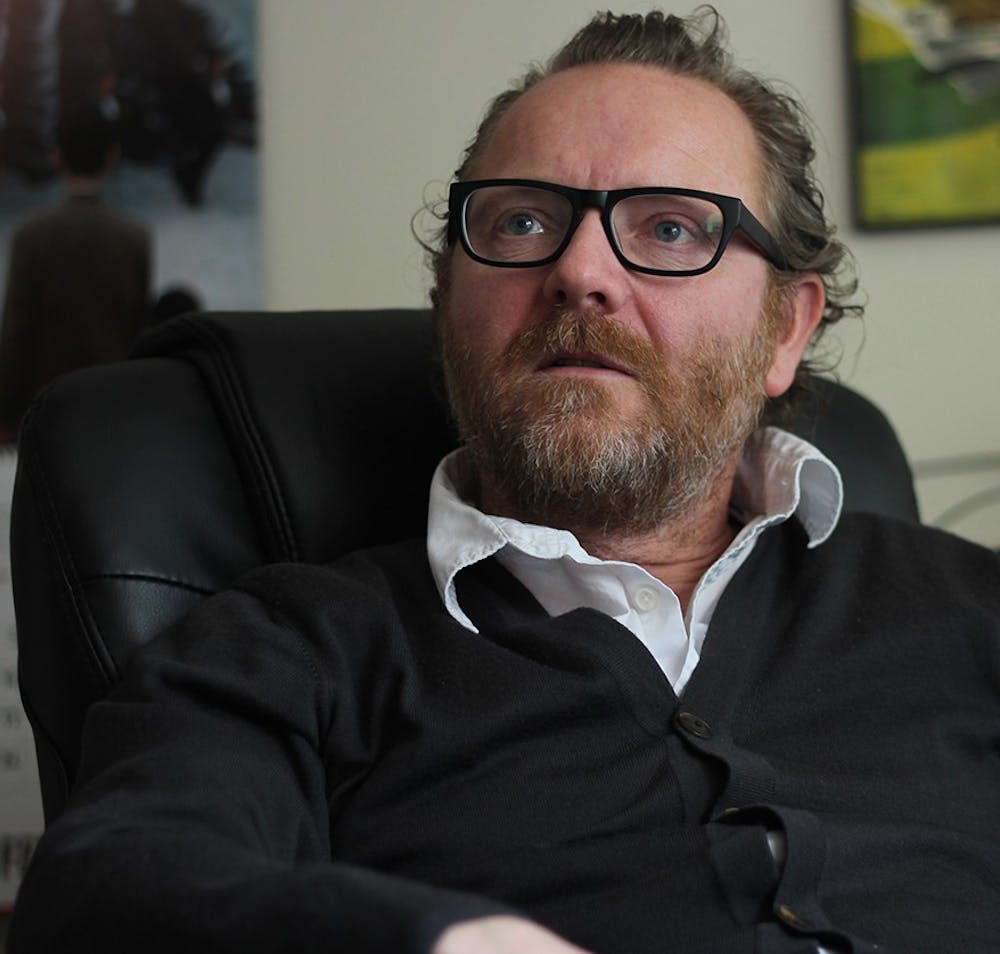At the end of February, armed Russian militants seized strategic locations in Crimea. Since that time, the United States has imposed sanctions on Russia and President Obama has warned that further action may be taken.
Daily Tar Heel staff writer Kristen Chung spoke with Graeme Robertson, an associate professor of political science who specializes in Russian and Soviet Politics, about the current situation. The interview was edited for brevity.
DTH: What has been the nature of the relationship between Russia and Ukraine?
GR: Russia and Ukraine have relations that go back a thousand years. Russian history has traditionally treated the foundation of the first Slavic state as being Kiev, the capital of Ukraine…In other words there are very, very deep roots, cultural, and political ties for hundreds and thousands of years.
DTH: Why are we seeing a coup (in Ukraine) now?
GR: What happened in Ukraine goes back a long way. It goes back to the Second World War really. There is a long split between the Eastern part of Ukraine, which is predominately Russian speaking, and the western part of Ukraine that is predominately Cyrillic speaking.
Parts of Ukraine, the far west, was only incorporated to the Soviet Union after the Second World War and the implications of being with the West so long…is that in the early years of the 1990’s there was a consensus for the east and west that Ukraine should become independent, that it should leave the USSR…
Around the beginning of November last year, the question arose of Ukranian EU associate membership status and (Viktor) Yanukovych decided not to do so, inciting demonstrations in Kiev.
DTH: How open of a society has Ukraine historically been, compared to Russia which has been more closed?




